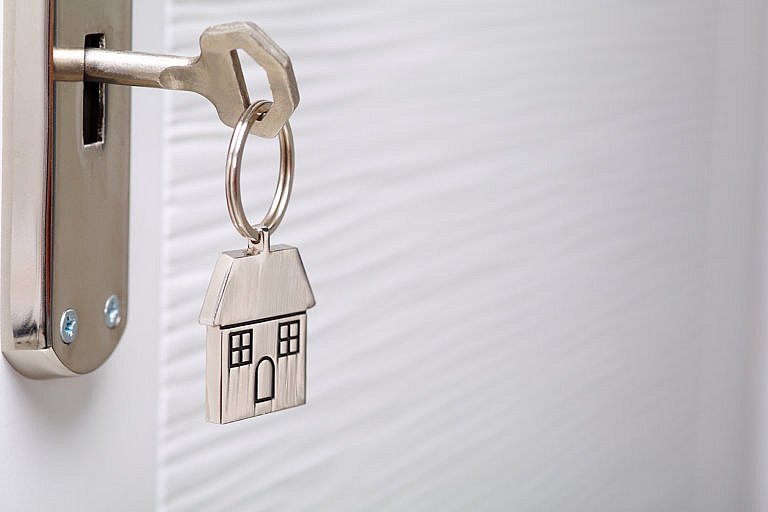Middle-aged people musing on their futures often indulge in dreams of buying a second home that will serve as a vacation home now and a home base during retirement. But how realistic is purchasing a second home? Many financial experts question the assumptions that underlie the value of investing in more property and more responsibilities. It will certainly be productive to examine the pros and cons of buying a second home with your well-trusted estate planning attorney.
At Surprenant & Beneski, P.C., we have been successfully advising clients throughout Southeastern Massachusetts and Cape Cod about their best options for years. We are well aware that no one solution applies to everyone, not even to everyone with the same family composition or the same income level. This is why we pride ourselves on listening carefully to your unique needs and desires and helping you to come up with an estate plan that is best suited to your particular circumstances.
Things to Consider When Contemplating the Purchase of a Second Home
Like all fantasies — of young adulthood, love, marriage, children, career, wealth, property ownership — the fantasy of a second home is usually composed of only enticing images. Rarely do the realities of hard work, cost, or possible problems enter the picture. Though no doubt there can be tremendous pleasure involved in owning a second home, this content is designed to help you examine some of the possible pitfalls as well.
Tax Implications of Owning a Second Home
On the plus side, you can deduct property taxes on your second home, too. As a matter of fact, you can deduct property taxes on any number of homes you own. You should be aware, however, that since 2018, the total of all state and local taxes deducted, including property taxes, is limited to $10,000 per tax return.
As most of us are aware, retirement is an expensive undertaking. Buying a second home without considering the possibility that such a large purchase and commitment may derail your plan to maintain financial security in later years may be a serious mistake.
It’s important to discuss the financial consequences of a second home with a tax-savvy estate planning attorney. Remember, you have to think not only of the purchase price of your second home but of the cost of its ongoing upkeep. Surely your first home has shown you that homeownership is costly in ways you never anticipated.
Is buying a second home really an investment?
It may help you to be realistic about buying a home to recognize that such a purchase, though a long-term investment for your heirs, will not be providing you with income in the present unless you rent it out — something we will discuss later. Like your current home, it will be costing you to maintain it at the same time its purchase price and mortgage payments will be decreasing your retirement income. In reality, having a second home increases the amount of money you will need to retire while decreasing the money you’ve saved.
Won’t renting out my second home make it pay for itself?
Not really. Studies have shown that for approximately half of the vacation homeowners, renting their properties doesn’t even cover 75 percent of their mortgage payments, especially since most properties are rented for only about one-third of the year. Moreover, when you become a landlord, you take on another job or must pay someone else to perform managerial duties.
Beyond rental properties having to be maintained, repaired, and periodically upgraded (think COVID-19 updates), their utilities and taxes have to be paid on an ongoing basis. While you probably imagine that you will now own a permanent vacation home and save money on travel, it is likely that you, your spouse, and other members of your family will still crave the excitement of travel, adding to your expenses.
In addition, having others live in your home when you are not there may not be ideal. You may decide that you’d just as soon be the renter of a beautiful home or stay in a hotel where someone else is responsible for upkeep. Of course, if you have the resources to pay all your expenses for both homes without renting one of them out, and are still able to fund a retirement that maintains your lifestyle, none of these caveats apply.
Do the benefits of a second home make it all worthwhile?
Certainly, for many people with substantial assets the possibility of having a haven for seasonal vacations, gatherings of friends and family, and a place in which to enjoy retirement — possibly with the added delight of grandchildren — outweighs any potential negatives. It is essential, however, to determine if you are one of those people. Your estate planning attorneys are well-qualified to help you assess this so that you don’t trade in a comfortable retirement for an impossible dream.
